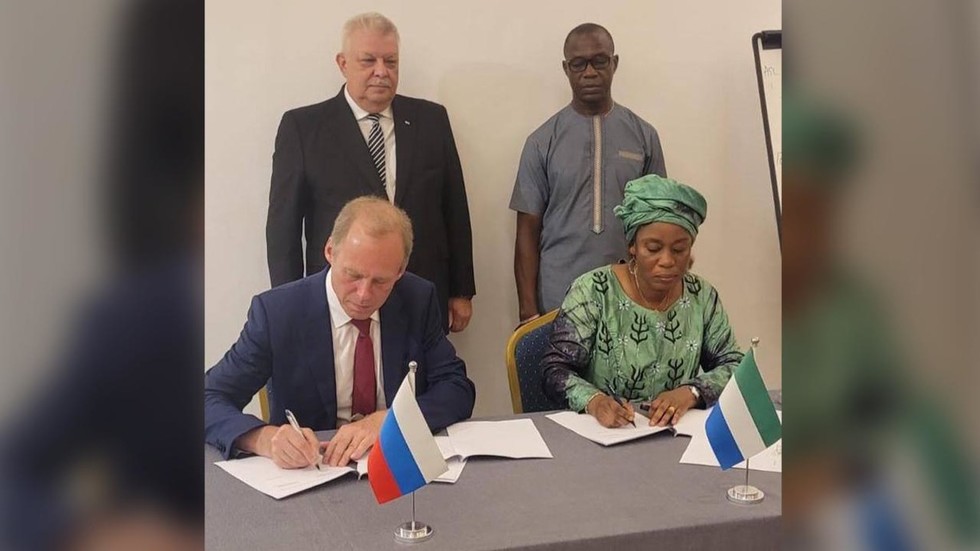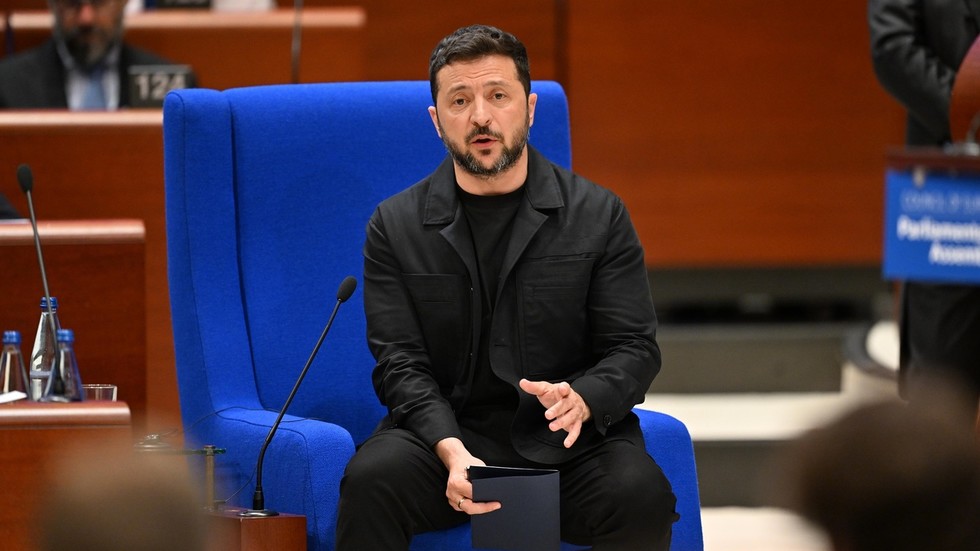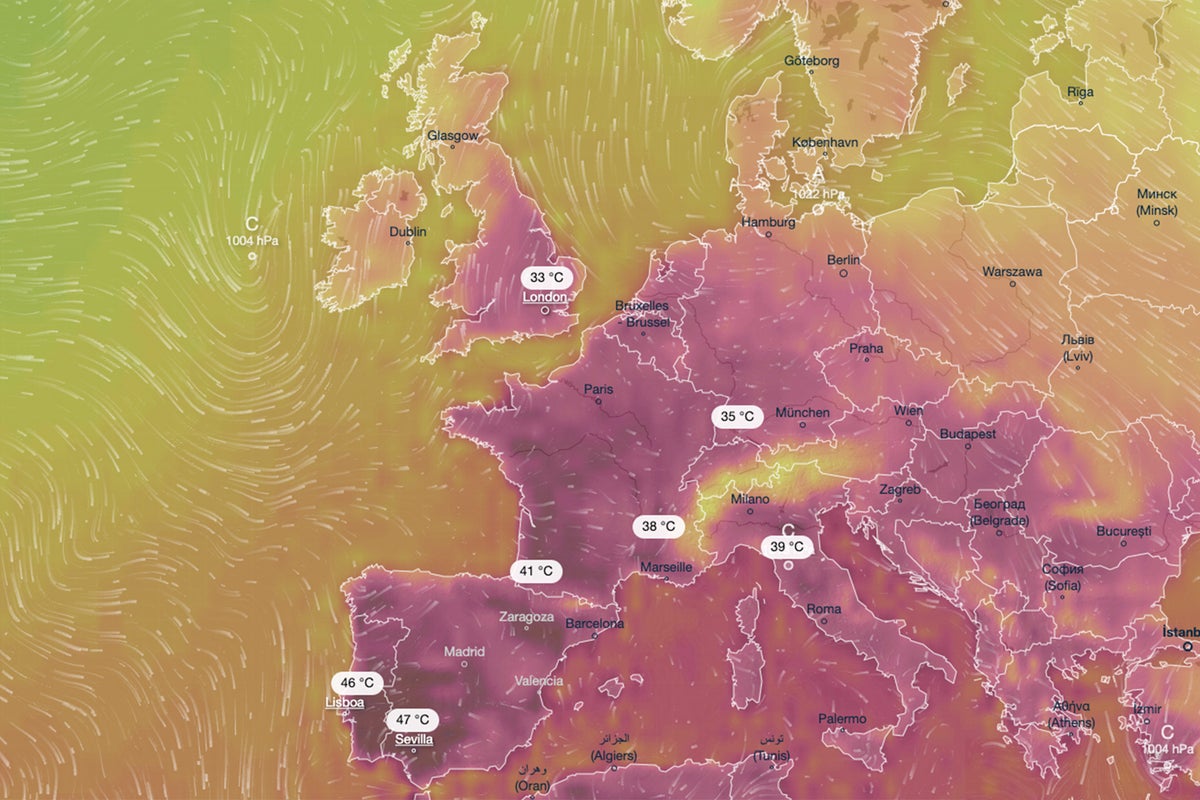China’s Ministry of Commerce says the two sides “further confirmed the details of the framework.”
Published On 27 Jun 2025
President Donald Trump says the United States and China have signed a trade agreement amid efforts to end a trade war between the world’s biggest economies.
“We just signed with China the other day,” Trump said during an event at the White House late on Thursday, without providing further details.
A White House official said: “The administration and China agreed to an additional understanding for a framework to implement the Geneva agreement,” referring to talks in the Swiss capital last month where the two countries agreed to a trade truce.
The understanding is “about how we can implement expediting rare earths shipments to the US again”, the official said.
The deal follows the Geneva agreement that led both China and the US to postpone massive tariff hikes for 90 days as they sought to reach a broader trade deal.
Later talks in London set a framework for negotiations and the deal mentioned by Trump appeared to formalise that agreement.
Secretary of Commerce Howard Lutnick told US media outlet Bloomberg TV on Thursday that the deal had been “signed and sealed” two days earlier. Lutnick did not provide any details about the agreement.
China confirmed details of the agreement on Friday, saying it would approve export applications of controlled items in accordance with the law but did not mention rare earths.
“Following the London talks, the teams from both sides have maintained close communication,” a spokesperson for China’s Ministry of Commerce said in a statement.
“Recently, with approval, both sides further confirmed the details of the framework,” they said, adding that China “will review and approve applications for the export control items that meet the requirements in accordance with the law.”
“The US side will correspondingly cancel a series of restrictive measures against China.”
During the Geneva talks, Beijing had committed to removing non-tariff countermeasures imposed against the US since April 2, although it was unclear how some of those measures would be walked back.
As part of its retaliation against new US tariffs, China had suspended exports of a wide range of critical minerals and magnets, upending the supply chains central to automakers, aerospace manufacturers, semiconductor companies and military contractors around the world.
In response to the curbs on exports, the Trump administration responded with export controls of its own, preventing shipments of semiconductor design software, aircraft and other goods to China.
In early June, the Reuters news agency reported China had granted temporary export licences to rare earth suppliers of the top three US automakers, according to two sources familiar with the matter, as supply chain disruptions began to surface from export curbs on those materials.
Later in the month, Trump said there was a deal with China in which Beijing would supply magnets and rare earth minerals while the US would allow Chinese students in its colleges and universities.

 3 hours ago
2
3 hours ago
2









